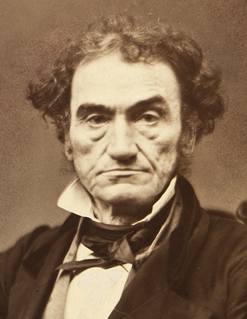A Quote by Marlon James
We're not big on irony in Jamaica, sarcasm and double-talk. We tend to say things plainly, sometimes to the point of boredom.
Related Quotes
I am utterly opposed to all equivocation or obscure expressions in our public acts. We are bound to say plainly what we mean to say. If we mean negotiation and compromise, let us say it distinctly and plainly instead of sending to the President a resolution on which he may put whatever interpretation he pleases.
And make no mistake: irony tyrannizes us. The reason why our pervasive cultural irony is at once so powerful and so unsatisfying is that an ironist is impossible to pin down. All U.S. irony is based on an implicit "I don’t really mean what I’m saying." So what does irony as a cultural norm mean to say? That it’s impossible to mean what you say? That maybe it’s too bad it’s impossible, but wake up and smell the coffee already? Most likely, I think, today’s irony ends up saying: "How totally banal of you to ask what I really mean.
I don't know whether I have ideas all the time. I think I'm curious about things all the time; I think I'm always curious, and I think I'm always interested in whatever passes by, and I know I tend to think about things, and I tend to talk about things, and sometimes that takes root and gives me something to chase.






































